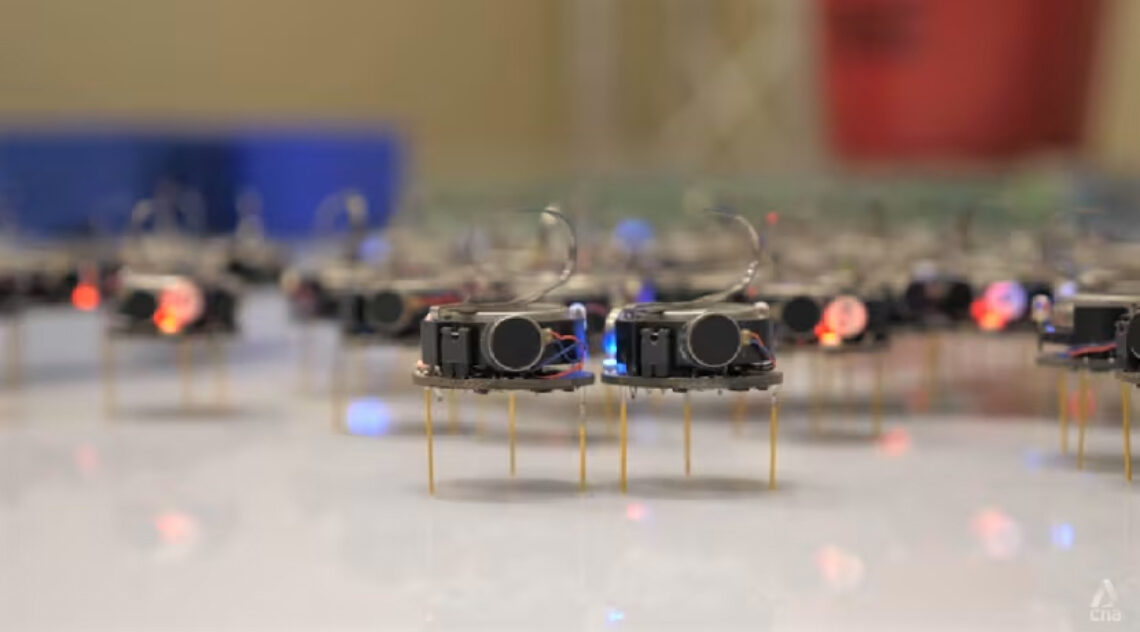
Researchers in Britain are using artificial intelligence (AI) to revolutionise traditional industries such as farming.
However, even as scientists take big leaps forward, there are concerns that governments are still playing catch-up on regulation.
USING AI FOR MORE PURPOSES
Researchers at Harper Adams University, for instance, are trying to make farming more sustainable and productive with AI.
Dr Edwin Harris, senior lecturer in statistics and agri-data analysis at the university, said AI, which has been used in autonomous vehicles to detect pedestrians as they are walking, can be used to track the movement of dairy cows and identify health issues.
“Farms generate a lot of data. They generate data in terms of the yield of the products that they make, in terms of the expenses that they accrue,” he added.
“Traditionally I think there has been a local, ad-hoc way of managing this data, but we want to leverage AI to do things these days.”
Mini robot tractors and pesticide-spraying drones are technologies that could become common.
“I have been surprised at how receptive farmers are. They are really excited. There is a challenge that I perceive too, though, that some farmers are a little concerned about giving their data immediately to the companies,” said Dr Harris.
“My close colleagues, and farmers as well, would probably almost all agree that we need more regulation.”
Researchers have made their own suggestions to the British government about what regulation could look like for autonomous farm vehicles.
However, there is a perception among industry players that governments are behind when it comes to regulation.
Last year, the UK brought together geopolitical heavyweights at its AI Safety Summit, convincing China, Indonesia, India and the United States to commit to independent testing of AI before it is deployed. But the specifics are yet to be outlined.